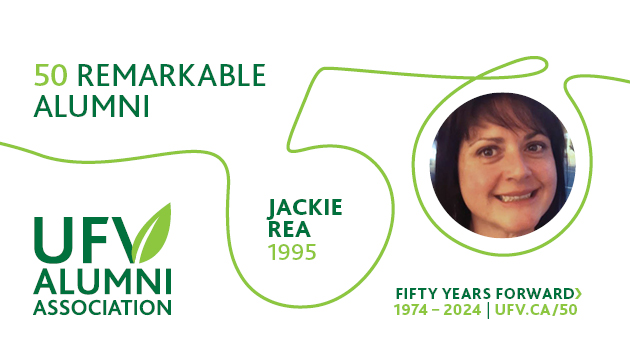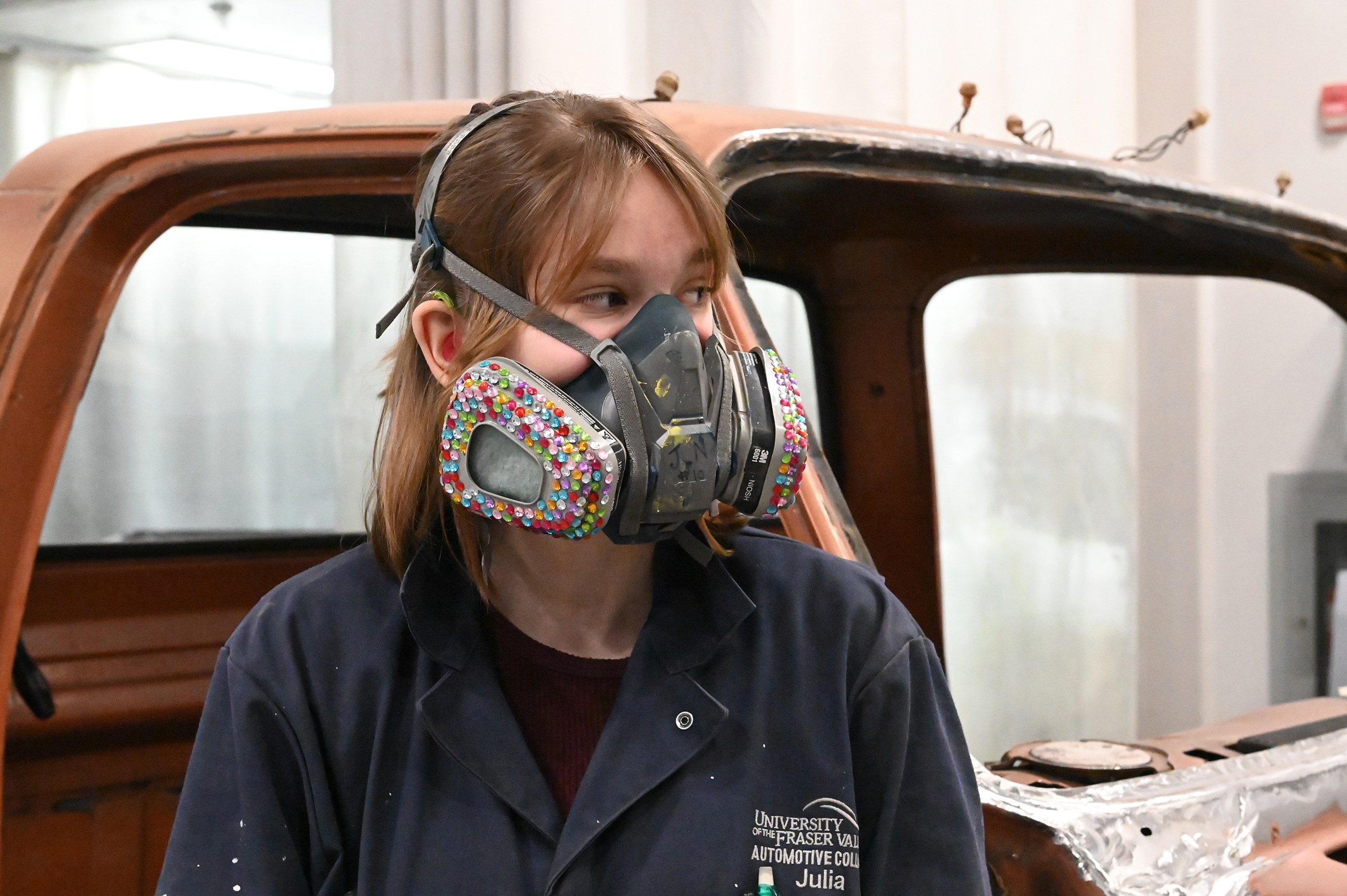Victims of violent crime share stories of healing and recovery at UFV-sponsored forum
They are names that make headlines for a short while. Then they recede, perhaps to only appear again for a 30-second sound bite if an arrest or subsequent trial ever takes place.
They are the victims of violent crime. Often, they are the parents, siblings, or best friends of a murder victim or of somebody who was killed in a tragic but preventable accident.
And after the headlines and sound bites they are left alone in their grief; expected to heal, forgive, and repair broken hearts. And this is where community agencies and volunteers that address the impacts of crime come in.
On Friday, April 27 the University of the Fraser Valley and the John Howard Society of the Fraser Valley are hosting a forum where family members of two murdered women speak about their lives before and after the tragedies that forever changed them. The forum runs from 6 to 8 pm on the Abbotsford campus in B101 (lecture theatre). Admission is free and the public is welcome.
“How do we heal from a traumatic event? What could be more traumatic than the murder of a loved one?” queries Maggie Aronoff, Executive Director of the John Howard Society of the Fraser Valley. “On this night, our community will have the opportunity to hear two stories of healing. One family lost their daughter. Another lost his mom.”
Heather and Dan Basham will share the story of their daughter’s murder in May of 2001. It was a double tragedy for the couple, however, as Tracy was murdered by her brother.
“This horrific event has given my wife Heather and I a unique perspective into the criminal justice system,” explains Dan. “Right from the arrest and trial through to the federal correctional system.”
The second speaker at the forum will be Christopher Ducharme who will tell the story of his mother’s homicide.
“My first significant personal victimization experience occurred when I was only 14 years old when my mother was murdered by her boyfriend.”
Aronoff says the people left behind after a terrible crime must have voices in Canada’s criminal justice system. And they need to be heard by society.
“Crime is defined by the harm, and the court focuses on the offense,” she explains. “In the process, sometimes we fail to meet the needs of the victim to be whole and well again.”
The fact that Ducharme and the Bashams are willing to speak openly about their tragic history speaks volumes about the healing that can be done, she adds.
“Find out how these people found resiliency and hope. If they can find a way back from this place, so can any of us. How they got there may surprise us. “
Friday’s forum will address how people can survive the devastating loss of a loved one or heal after being the victim of a violent crime, what types of services survivors need, and how the community can contribute.
“Our criminal justice system is unbalanced,” adds Aronoff. “In the media we hear about the crime and the criminal. The victim is static in the event. While prison protects the community and may even try to rehabilitate the offender, the victim is left behind and too often alone. If we are to improve this system, we must create a more balanced equation that allows all of us to heal from the harm that crime creates in our towns, neighbourhoods, and families.”
The forum is presented as part of National Victims of Crime Awareness Week, and is part of an initiative that helps to raise awareness of the role victims have in the criminal justice system.
Aronoff says other goals of the week are to help the community move forward to support victims and families impacted by crime, and to inform the public and service providers about alternatives that can improve the criminal justice system and how we treat the victim.
The forum is a free event and will be held on the Abbotsford campus in the lecture theatre, room B101. It begins at 6pm.
“It’s up to us to gather and help meet the needs of victims so they can recover from the wrong done by someone else. Each person has their own needs. Learn how we can uncover these needs and assist people on their healing journey. Those needs can surprise us but the journey is guaranteed to inspire us and help us come together to make a difference — one person at a time.”
For more details about the forum, contact the John Howard Society of the Fraser Valley at 604-852-1226.
-30-




